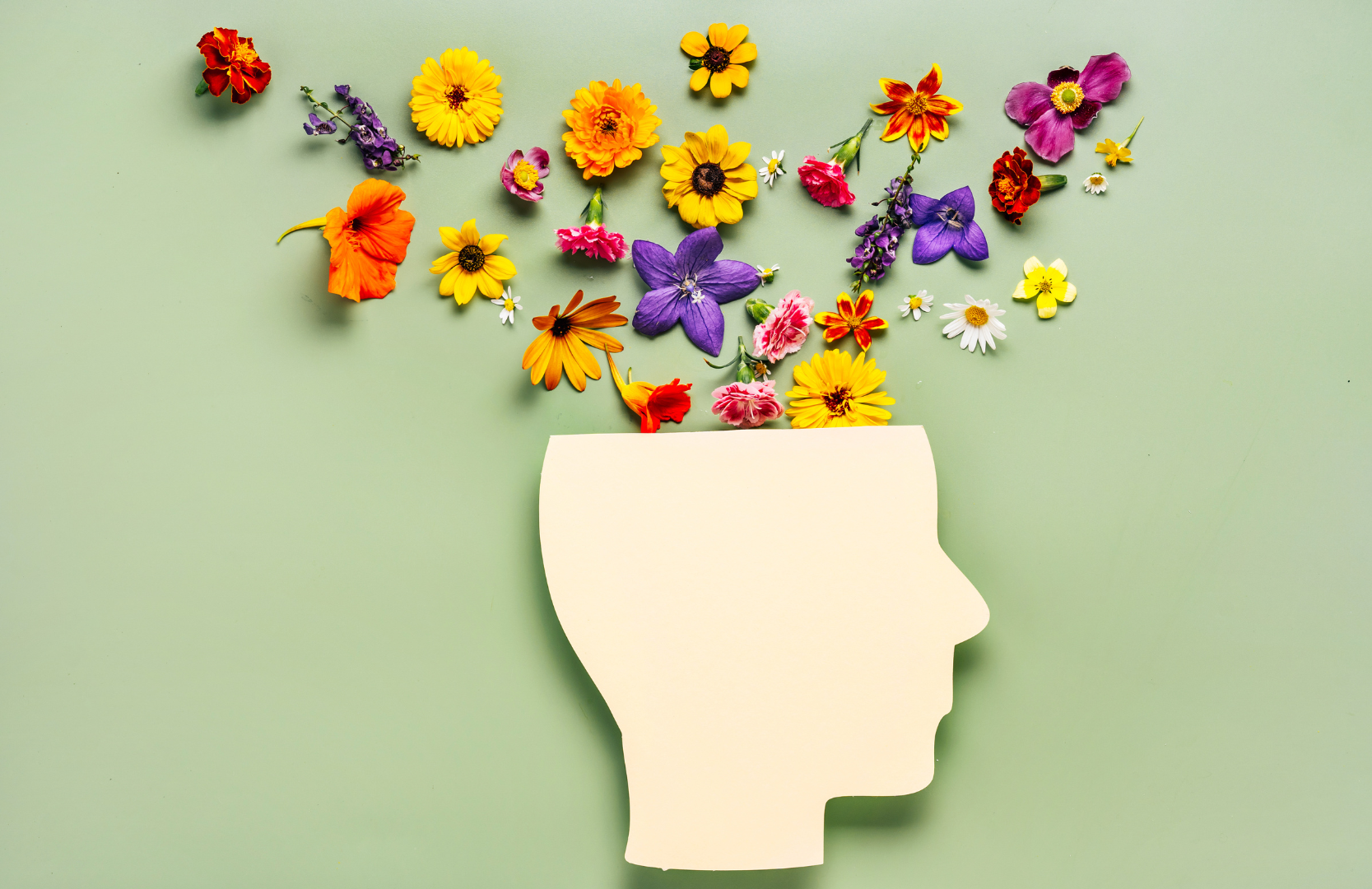Cannabis & Mental Health: The Science Is Still Out
As mental health challenges rise across all age groups, more people are turning to alternative therapies, including cannabis. But is cannabis a tool for healing, or could it do more harm than good? The truth is, the science is still out, and we at Realm of Caring believe it’s essential to slow down, zoom in, and listen both to the research and to our internal selves.
What the Research Currently Says
- Mixed outcomes dominate the literature.
While some studies suggest cannabis may offer temporary relief for anxiety, PTSD, and depression, others show it can exacerbate symptoms, especially in high doses or among individuals predisposed to mood disorders. - CBD and THC affect the brain differently.
Cannabidiol (CBD) has been linked to anxiolytic (anxiety-reducing) effects in several small studies. Tetrahydrocannabinol (THC), on the other hand, may temporarily increase anxiety and paranoia at high doses, particularly in those who are not accustomed to it. - Long-term studies are lacking.
We still don’t fully understand the long-term impact of regular cannabis use on mental health. More clinical trials, especially those focused on patient-reported outcomes, are needed. If you want to contribute to change first hand, consider joining our Observational Research Study.
The Importance of Intention
“If you’re not in a space to set an intention before you use, don’t use.”
We’ve heard this from clinicians, caregivers, and cannabis patients alike and we stand by it. Using cannabis with a clear, grounded intention can make all the difference in outcomes.
Ask yourself:
- Am I using this to escape or to support healing?
- Do I understand the product I’m using and how it might affect me?
- Am I integrating other forms of support – like therapy, rest, or movement?
When cannabis is used impulsively, especially in moments of desperation, it can act more like a band-aid than a balm. We encourage mindfulness over urgency.
Caution in Moments of Desperation
Cannabis is not a replacement for crisis care.
- If you’re in a mental health crisis, cannabis should not be your first line of defense.
It’s not a rescue medication. It can sometimes worsen intrusive thoughts, dissociation, or feelings of helplessness in the short term. - Reach out to a qualified mental health provider.
If you’re feeling unsafe, overwhelmed, or unsure, talk to someone. Cannabis might be a part of your wellness toolkit later, but only once you’ve stabilized.
Legalization ≠ Medicine
In today’s cannabis market, it’s easy to mistake access for approval.
- Just because it’s legal doesn’t mean it’s safe (or right) for everyone.
Many cannabis products are formulated for recreation, not precision. Potency, purity, and consistency vary widely. Without medical oversight, you’re essentially self-prescribing. - We need to bring the conversation back to medicine.
The medicinal potential of cannabinoids is real, but so is the need for regulation, research, and education. Patients deserve access to tested, reliable products and practitioners who understand cannabinoid therapeutics.
Moving Forward: What We Believe
At Realm of Caring, we advocate for a future where:
- Research is funded and prioritized.
- Patient voices are central to policy and product development.
- Cannabis is seen not as a miracle cure, but as one tool among many.
If you’re considering cannabis for mental health support:
- Start low and go slow.
- Use a product with a known cannabinoid profile.
- Track how you feel over time.
- Stay connected to your care team.
Final Thoughts
Cannabis can offer support but it’s not a silver bullet, especially when it comes to mental health. Whether you’re navigating anxiety, depression, PTSD, or stress, the most powerful tool you have is knowledge.
Stay informed. Stay intentional. And most importantly, stay safe.





